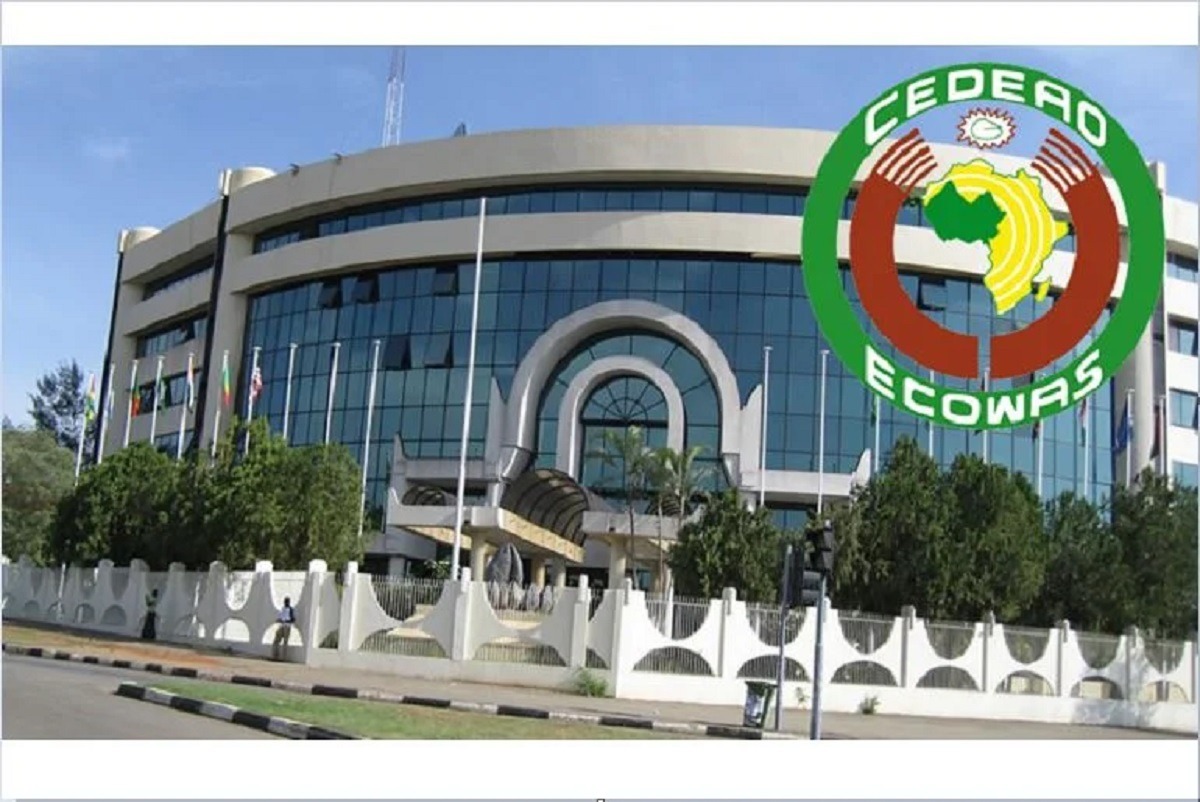
The political landscape in Togo is teetering on the edge as recent mass protests in the capital Lomé have left at least seven people dead, prompting the Economic Community of West African States (ECOWAS) to call for restraint and dialogue.
The demonstrations, which erupted between June 26 and 28, were sparked by mounting frustration over the country’s political direction following the unexpected resignation of the government in May.
Citizen groups led the call to the streets, where hundreds gathered in protest, voicing discontent over the lack of transparency and political accountability. Tensions quickly escalated into violent clashes between demonstrators and security forces.
Among those killed were two Beninese nationals who were found drowned in the fourth lake of Agoè under suspicious circumstances.
Reports indicate their bodies were recovered without undergoing autopsy before being returned and buried in Benin. Their deaths have further inflamed public sentiment and drawn strong condemnation from civil society organizations.
On June 30, ECOWAS issued a formal statement from Abuja expressing its “concern” over the situation and extending condolences to the victims’ families.
“We urge all parties to show restraint and engage in inclusive dialogue to ensure the stability and cohesion of Togo,” the regional bloc said, pledging support for reconciliation efforts.
However, the ECOWAS appeal has been met with skepticism. Many Togolese citizens accuse the institution of inaction during similar crises across West Africa.
“Dialogue must not just be a slogan,” warned a leading civil society figure. “We demand independent investigations into the violence, particularly concerning the deaths of the Beninese nationals.”
Calls for justice are growing louder, with some organizations contemplating taking the issue to the United Nations Special Rapporteurs on Human Rights.
Even within the ruling party, cracks are beginning to show.
Criticism of the government’s handling of the unrest signals a deepening divide and a volatile political climate.
As tensions simmer, the future of Togo may hinge on whether ECOWAS can go beyond rhetoric and provide meaningful support that restores public trust. In a country crying out for justice and reform, the demand for action is louder than ever.



